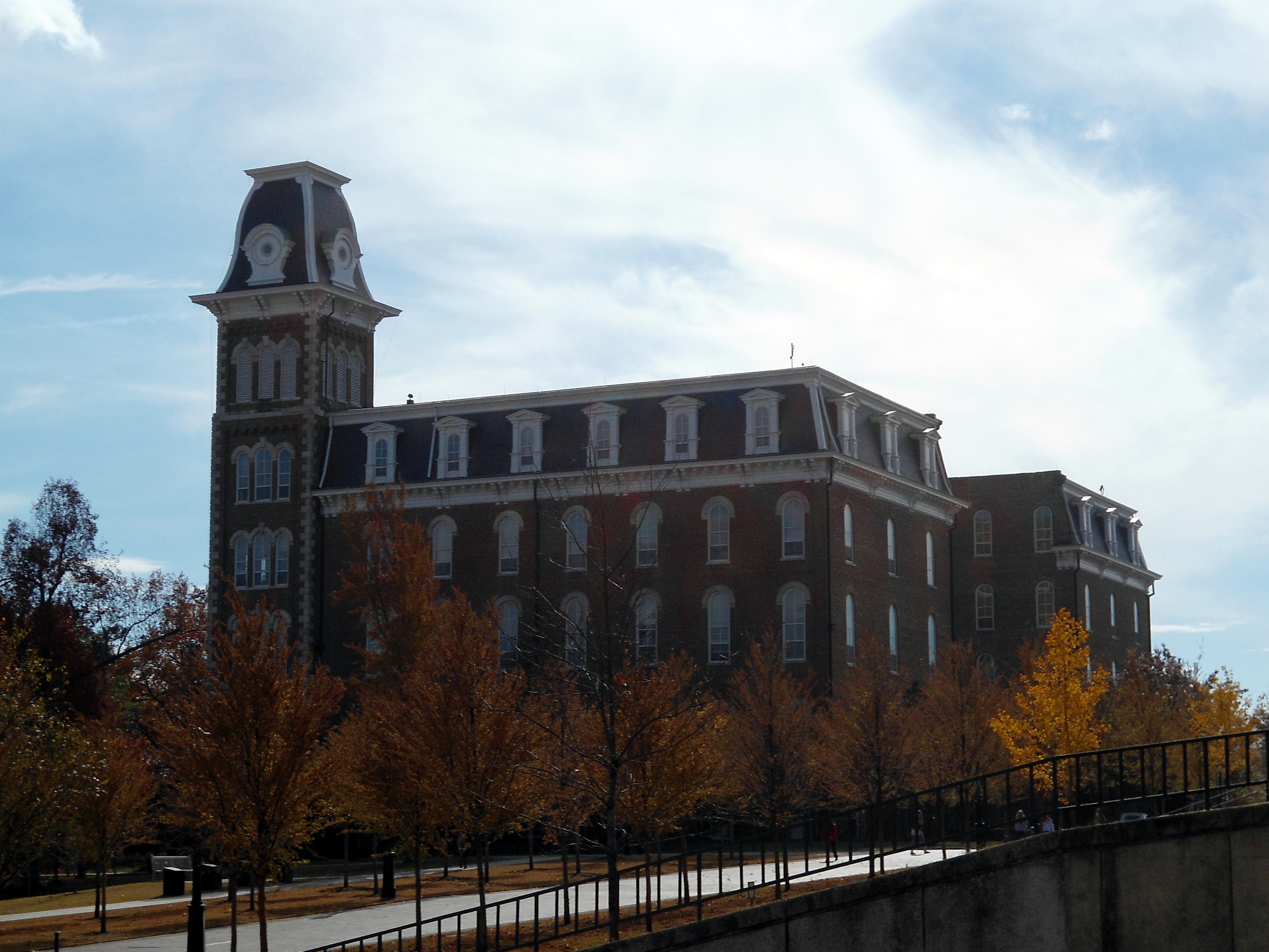Yesterday Circuit Judge Wendell Griffen issued a ruling validating same-sex marriages performed in Arkansas from May 9, 2014, to May 15, 2014.
In layman’s terms, the case has to do with a technicality from Judge Chris Piazza’s same-sex marriage ruling issued on May 9, 2014; in his ruling, Judge Piazza struck Arkansas’ constitutional amendment defining marriage as the union of one man and one woman, but he failed to strike all state laws prohibiting same-sex marriage.
Judge Piazza filed a “correction” to his ruling on May 15 striking those state laws as well. However, by then many same-sex couples had already obtained marriage licenses from the state; the State of Arkansas contends that same-sex marriages performed from May 9 to May 15 are invalid, because they were solemnized before Judge Piazza filed his “correction.”
Yesterday, Judge Wendell Griffen ruled the same-sex marriages performed from May 9 – 15, 2014, were in fact valid despite Judge Piazza’s failure to strike all applicable state laws related to same-sex marriage. While we–and Attorney General Leslie Rutledge–disagree with Judge Griffen’s ruling, it really comes as no surprise.
On May 12, 2014, Judge Wendell Griffen presided over at least one same-sex marriage in the rotunda of the Pulaski County Courthouse in Little Rock; pictures of Judge Griffen appeared in the news to prove it. At the time, Judge Griffen clearly believed same-sex marriage was legal in Arkansas, despite the fact some state laws prohibiting same-sex marriage had been left in place by Judge Piazza. In light of that, it’s really no surprise Judge Griffen ruled the way he did.
In fact, in his opinion handed down yesterday Judge Griffen actually went so far as to describe Judge Piazza’s 2014 ruling as “courageous and plainly stated.” If Judge Piazza’s 2014 ruling really was “plainly stated,” I wonder why Judge Piazza had to correct his ruling after the fact; why the Arkansas Supreme Court has taken so many months to review the ruling on appeal; and why addition litigation has been necessary to clarify whether or not the same-sex marriages performed in the immediate aftermath of Judge Piazza’s ruling were actually legal.
The larger questions surrounding same-sex marriage still rest with the Arkansas Supreme Court–which is reviewing an appeal of Judge Piazza’s 2014 ruling–and the U.S. Supreme Court, which is expected to hand down a decision on the constitutionality of state marriage laws sometime this month.
READ MORE
 Taking a page from the Eureka Springs City Council’s book, the Fayetteville City Council voted last night to suspend the rules and run a so-called “nondiscrimination” ordinance through in a single meeting.
Taking a page from the Eureka Springs City Council’s book, the Fayetteville City Council voted last night to suspend the rules and run a so-called “nondiscrimination” ordinance through in a single meeting.

